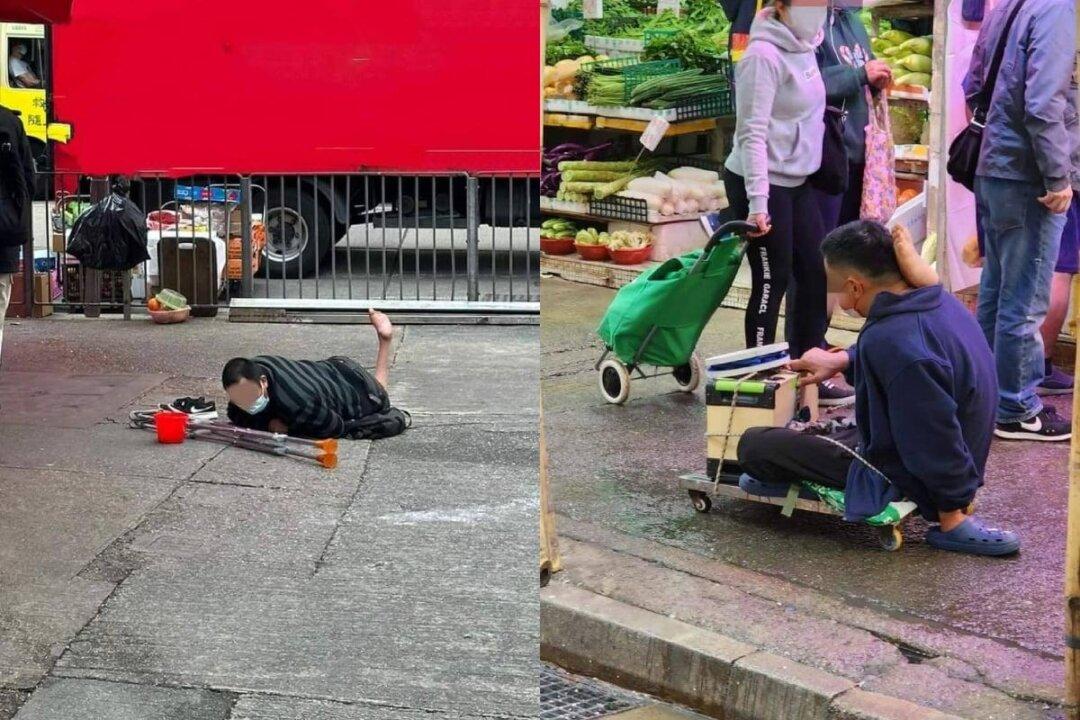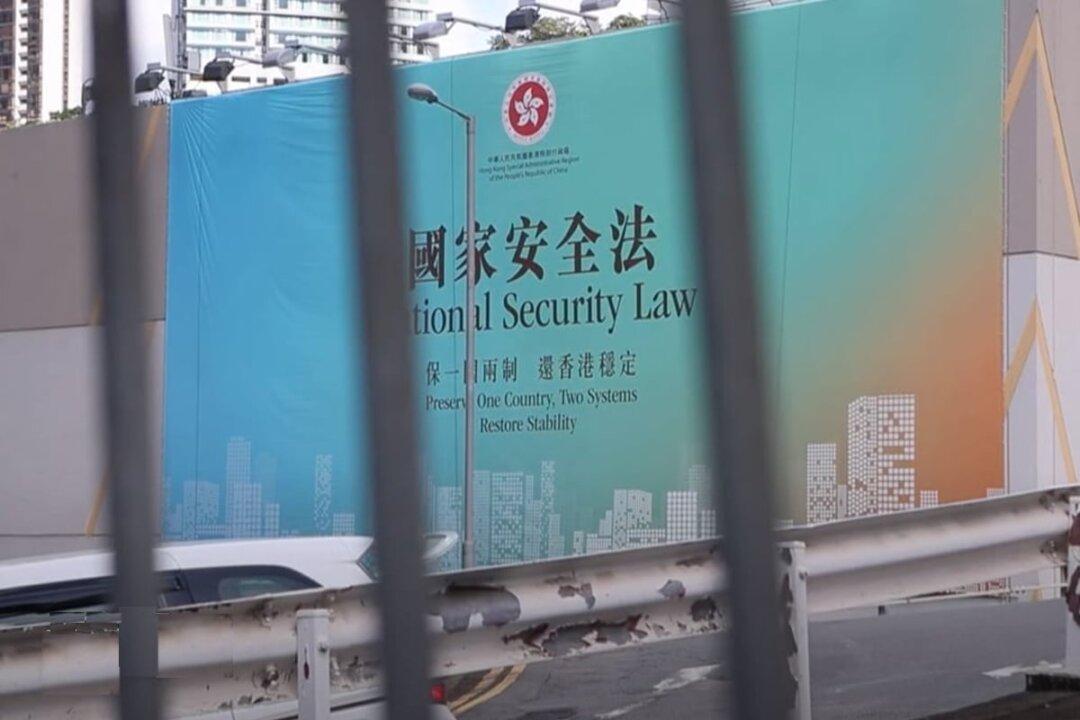After the reopening of the borders with mainland China in early 2023, the sight of beggars making their rounds on the streets of Hong Kong became increasingly active. In response to a question from the Legislative Council, Secretary for Security Chris Tang Pink-keung said that 79 people had been arrested for begging in the past five years, 57 of whom had entry-exit permits to China, and three had Chinese passports. Those arrests were mainly made in 2019 (30) and 2023 (42).
According to information provided by the Security Bureau, in the past five years, as of Nov. 30, 2023, the police arrested a total of 79 people suspected of begging activities under Section 26A of the Summary Offences Ordinance. Of these, 57 people held travel permits for traveling to and from Hong Kong and Macao or China, 18 people held Hong Kong ID cards, three people held Chinese passports, and one person held a Russian passport. Of these, 75 people were prosecuted, and as of Sep. 30, 2023, 65 of them had been convicted, of which 28 were sentenced to immediate imprisonment, nine were sentenced to probation, and 28 were fined.




